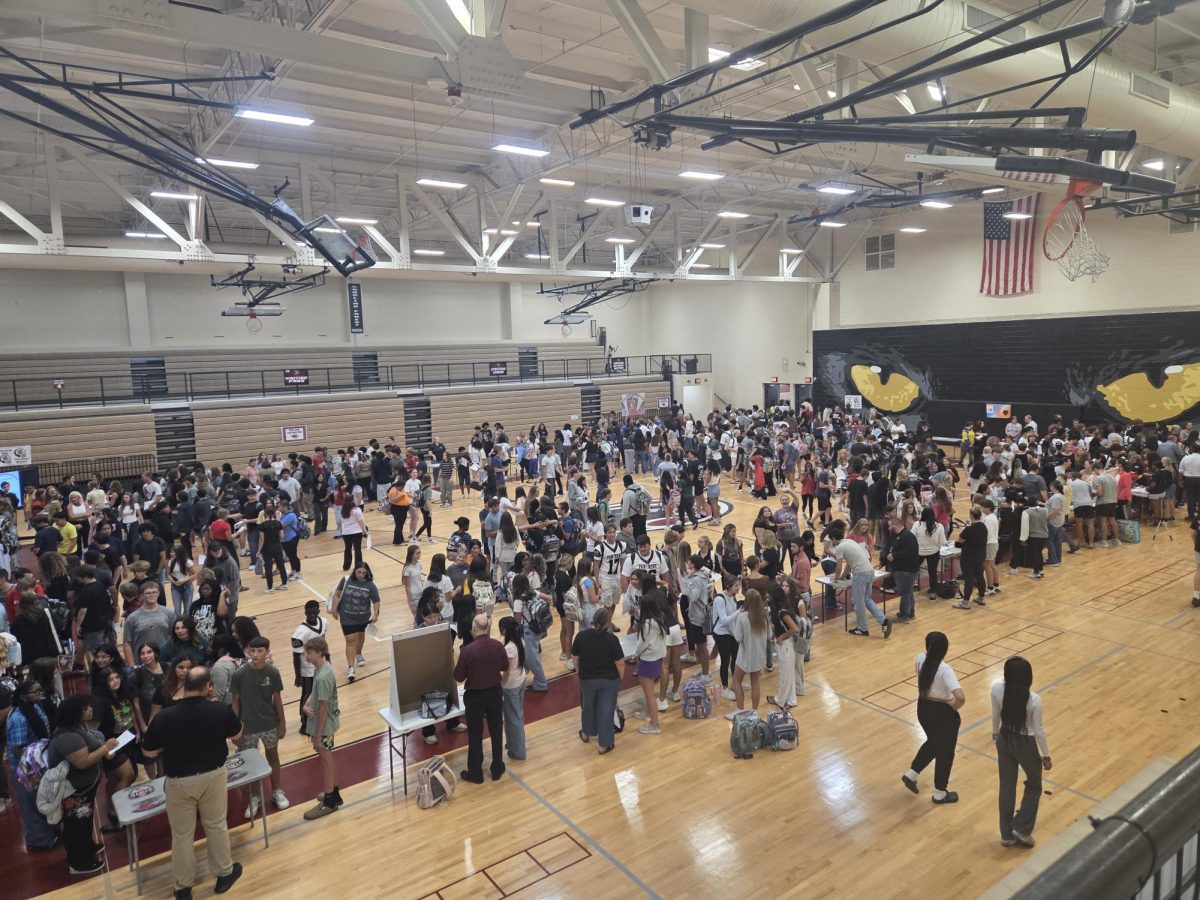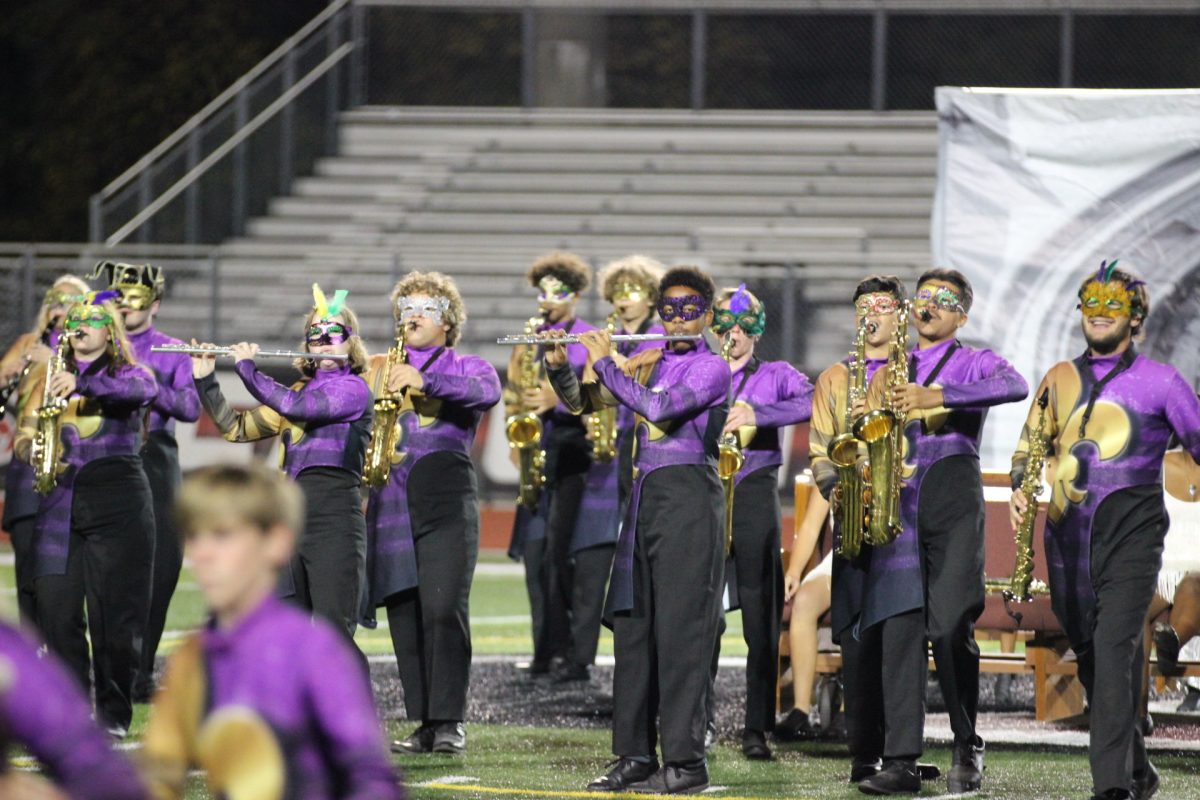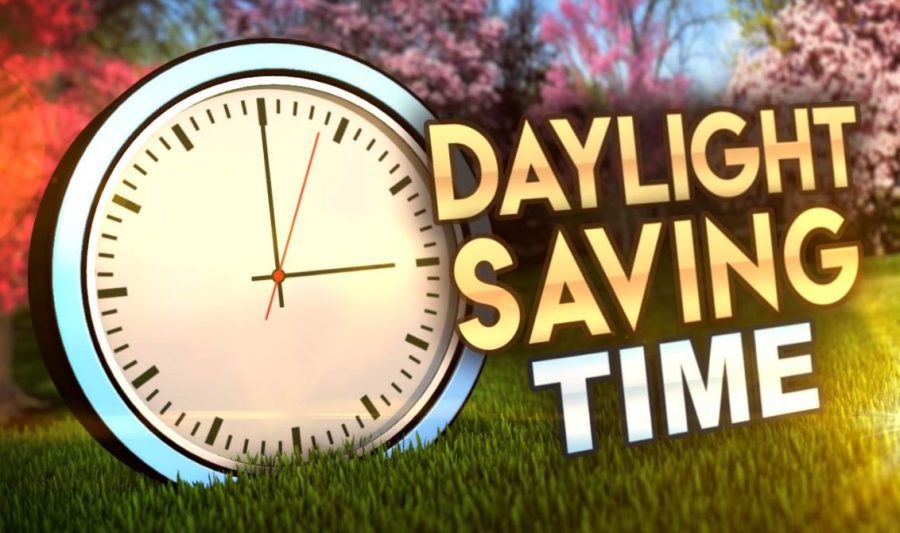Should We Abolish Daylight Saving Time?
November 16, 2021
DST (Daylight Saving Time) is an annual tradition in the United States where clocks are set forward by an hour at the beginning of March in order to keep the times in line with the daylight. For example, during DST, the clocks are adjusted forward so that the sun is out during the working and school hours of most Americans. During “standard time” (which is actually the minority of months in the year), clocks are set backwards by an hour to account for the earlier sunrise and sunsets.
However, according to an AP-NORC poll in 2019, 71 percent of Americans want to abolish DST. Many people think that changing the clocks back and forth twice every year is antiquated and confusing. To most Americans, DST is an unnecessary hassle that only makes it harder to keep a consistent sleep schedule.
Interestingly, when AP-NORC conducted the same poll in 2015, only 52 percent of Americans supported the abolition of DST. This shows that the popularity of DST is decreasing, and rather rapidly. It could be that DST is simply no longer useful to Americans; with the rising popularity of working from home and the introduction of more around the clock work, DST only serves to confuse people and doesn’t truly provide them with any more or less daylight.
Students have many feelings about DST.
Phoenix Flores, a junior at Carolina Forest has this to say: “I miss dark mornings, bruh, but sunset after school is nice.”
Mary Scott, a junior at CF says this: “From my perspective, I believe numerous Americans will partake in an additional hour of rest, but on the other hand, the sun will begin setting before everything except the most punctual of early risers.”
However, there is a minority of people who object to abolishing DST. Some may want to keep it simply to avoid having to make the switch, while others have more in-depth reasons for opposing its abolition. For example, DST was originally introduced during the world wars; however, it was kept afterwards in order to conserve energy and keep the sun up after work so that people had more time to go shopping after work. According to NPR, one of the biggest reasons that we still keep DST is because it produces a lot of money for businesses. Hundreds of millions of dollars are often made during the extended daylight hours of DST.
This alone isn’t enough to convince people, though. Many people cite health concerns associated with DST. According to Michigan Medicine, the switch from “standard time” to DST can cause damage to people’s sleep schedules, which can lead to a host of other problems, such as increased risk for motor vehicle accidents and heart attack.
As the COVID-19 pandemic continues to change people’s working lives and shopping shifts into the online world, the economic benefits of DST may begin to become negligible. With the increasing popularity of services like Amazon and Uber Eats, as well as the recent introduction of parking lot pickup at many grocery stores, it becomes significantly faster and easier to shop, and less reliant on the back and forth movement between two systems of time.
Overall, it seems that the majority of people in the United States are in favor of abolishing Daylight Saving Time for good reasons: it’s linked to health risks, it’s confusing and even the possible benefit of shopping time seems to be on track to become obsolete in the near future.
Perhaps it’s time to set our clocks forward for the last time and say goodbye to Daylight Saving Time.
Sources:
1: “States Object to Changing the Clocks for Daylight Saving Time” almanac.com
2: “Why We Should Abolish Daylight Saving Time” healthblog.uofmhealth.org
3: “Daylight saving time ends soon. Here are 4 things you should know” npr.org





































